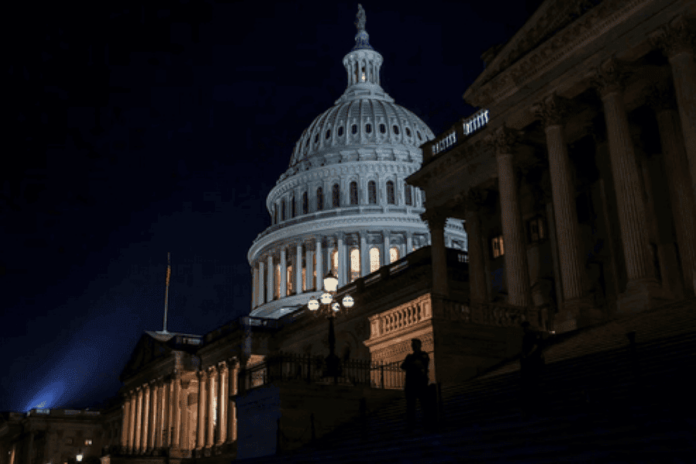Senator Amy Klobuchar emphasized that confirming nominees is a crucial duty we hold, playing a significant role in our system of checks and balances.
The election has concluded, much to the relief of the nation and its candidates. As the Trump campaign transitions into the Trump administration, significant presidential actions are set to commence, beginning with the selection of cabinet and administration officials.
President-elect Donald Trump’s initial choice was astute; he appointed Susie Wiles, his effective campaign manager, as chief of staff.
Wiles will make history as the first woman in this role and is notable for being the only campaign manager to have completed an entire election cycle with Trump. This indicates her adeptness at understanding both the electorate and Trump himself.
Conversely, some individuals will not be joining his new team: Nikki Haley and Mike Pompeo were excluded from consideration, as announced by Trump on social media.
Haley previously served as U.N. ambassador while Pompeo held positions as CIA director and secretary of state during Trump’s presidency from 2017-2021. Both were among his more reliable cabinet members; however, Haley’s candidacy against Trump in the GOP primaries attracted a faction of traditional Republicans now dubbed Haley Republicans.
Pompeo also contemplated a presidential run but ultimately decided against it. It remains uncertain if their political aspirations influenced their exclusion from a second-term administration.
From campaign statements to early appointments—such as naming congressional allies like Elise Stefanik for U.N. ambassador and Lee Zeldin for EPA administrator or immigration hardliner Stephen Miller for deputy chief of policy—it is clear that loyalty to Trump is a crucial criterion for cabinet selections.
While every president values loyalty in their appointees, an administration tends to function better when it embraces external perspectives or influences.
Historically, presidents like Abraham Lincoln have benefited from including former rivals in their cabinets—a strategy that provided diverse viewpoints within the White House.
Leaders from both parties have found value in incorporating intra- and inter-party competitors into their administrations to introduce complexity into governance.
Moreover, it’s essential that not just the executive branch but also entities like the Senate look beyond mere loyalty when considering competency in appointments—especially now that it has returned decisively under Republican control.
According to Senator Amy Klobuchar, confirming nominees is a crucial duty that plays a significant role in our system of checks and balances. Despite the challenging electoral landscape for Democrats, she managed to exceed the presidential ticket’s performance in Minnesota and secure her fourth term.
Klobuchar noted that nominees from both political parties have sometimes lost backing after their initial confirmation hearings and subsequently withdrawn. While she recognizes the importance of loyalty, she warned that it should not be the sole criterion for evaluation.
The senior senator from Minnesota assesses cabinet candidates based on their qualifications for the position and their ability to meet departmental expectations. If they pass this assessment, she seeks ways to support them, as she did with Trump’s appointees like Mike Pompeo at the CIA and Elaine Chao as transportation secretary.
She clarified that agreeing with every statement made by these individuals is unnecessary; what matters is their capability to effectively fulfill their agency’s responsibilities.
However, Klobuchar remarked that the Senate no longer consistently operates this way. President Trump has already called for a compliant Congress by requesting potential Senate majority leaders allow him to make recess appointments that would skip the confirmation process entirely.
Such deference could undermine senators’ essential role in preserving equal branches of government and might lead to governance crises detrimental to both the administration and the nation. Senators would benefit from adopting Klobuchar’s method of thoughtful evaluation rather than automatic acceptance or rejection of nominees or legislation aimed at advancing American interests, regardless of party affiliation.
This balanced approach can enhance influence—an influence Klobuchar has cultivated throughout her Senate tenure. She should leverage it wisely in the upcoming weeks to ensure her colleagues uphold their vital constitutional responsibilities since politics extends beyond Election Day into daily governance thereafter.

